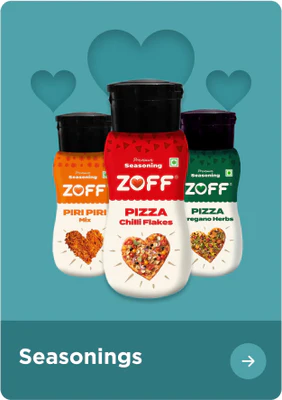India’s agricultural sector has long been the backbone of its economy, employing over 50% of the workforce and contributing significantly to the country’s GDP. However, farmers in India have historically faced numerous challenges, including fragmented landholdings, limited access to markets, and lack of bargaining power. To address these issues, the Indian government has been actively promoting Farmer Producer Companies (FPOs), a business model that enables farmers to collectively own and manage their enterprises.
What are Farmer Producer Companies (FPOs)?
Farmer Producer Companies are business entities formed by primary producers, typically farmers, to facilitate collective production, processing, and marketing of their produce. FPOs are registered under the Companies Act, 1956, and are governed by the provisions of the Act. These companies are owned and controlled by their member farmers, who share resources, expertise, and risks.
Benefits of FPOs
FPOs offer numerous benefits to farmers, including:
- Improved Bargaining Power: By pooling their resources, farmers can negotiate better prices for their produce, reducing their dependence on intermediaries.
- Increased Income: FPOs enable farmers to access new markets, improve their pricing, and increase their income.
- Reduced Costs: Collective procurement of inputs and services helps reduce costs of production.
- Enhanced Efficiency: FPOs promote efficient use of resources, technology, and expertise.
- Risk Management: Collective ownership and management help mitigate risks associated with farming.
Government Support for FPOs
Recognizing the potential of FPOs, the Indian government has launched several initiatives to promote their growth:
- Central Sector Scheme: The government has launched the Central Sector Scheme for “Formation and Promotion of 10,000 Farmer Producer Organizations (FPOs)” with a total budgetary outlay of Rs. 6,865 crore.
- Financial Assistance: The government provides financial assistance to FPOs, including grants, subsidies, and loans.
- Training and Capacity Building: The government provides training and capacity-building programs for FPO members.
- Market Linkages: The government facilitates market linkages for FPOs.
Current Status of FPOs in India
As of 2023, 7,597 FPOs have been registered in 34 states and union territories. These FPOs cover over 1.5 million farmers, with a combined turnover of over Rs. 1,000 crore.
Challenges Facing FPOs
Despite the benefits and government support, FPOs face several challenges:
- Limited Awareness: Many farmers are unaware of the benefits and potential of FPOs.
- Lack of Infrastructure: FPOs often lack access to infrastructure, such as storage facilities and transportation.
- Regulatory Framework: The regulatory framework governing FPOs is complex and often unclear.
- Financial Sustainability: FPOs struggle to achieve financial sustainability.
Way Forward
To overcome the challenges and realize the full potential of FPOs, the following steps are necessary:
- Increased Awareness: Educating farmers about the benefits of FPOs.
- Infrastructure Development: Investing in infrastructure to support FPOs.
- Simplified Regulatory Framework: Streamlining the regulatory framework governing FPOs.
- Financial Support: Providing financial support to FPOs.
Conclusion
Farmer Producer Companies have the potential to transform India’s agricultural landscape, empowering farmers and improving their livelihoods. With government support and collective effort, FPOs can overcome the challenges and achieve their full potential. As India continues to grow and develop, the success of FPOs will be critical in ensuring the sustainability and prosperity of its agricultural sector.
References
- Ministry of Agriculture and Farmers Welfare, Government of India. (2022). Farmer Producer Organizations (FPOs).
- National Bank for Agriculture and Rural Development (NABARD). (2022). Farmer Producer Organizations.
- Indian Institute of Management Ahmedabad. (2020). Farmer Producer Companies: A Study.
Additional Resources
- Ministry of Agriculture and Farmers Welfare, Government of India. (2022). Guidelines for Formation and Promotion of Farmer Producer Organizations.
- Small Farmers’ Agri-Business Consortium (SFAC). (2022). FPO Portal.
- Agricultural and Processed Food Products Export Development Authority (APEDA). (2022). FPO Registration.

 Add to favorites
Add to favorites








